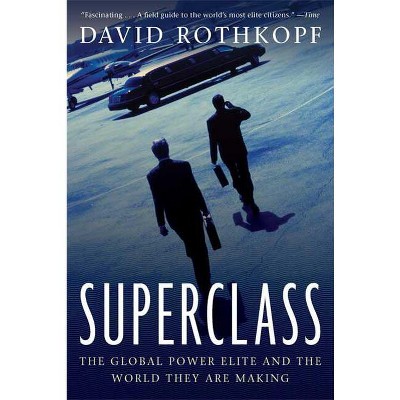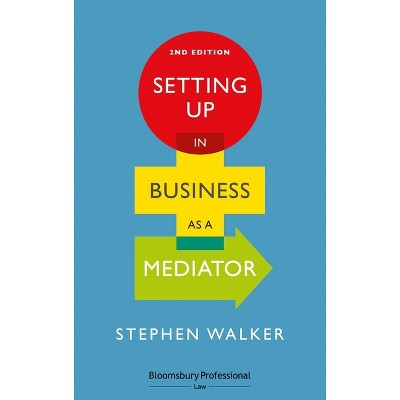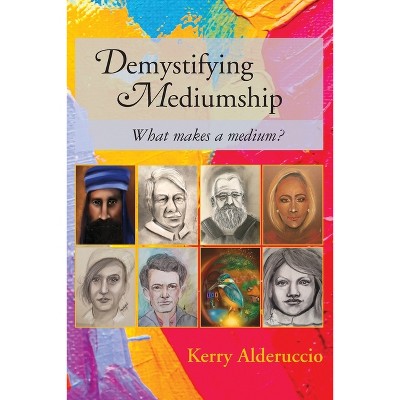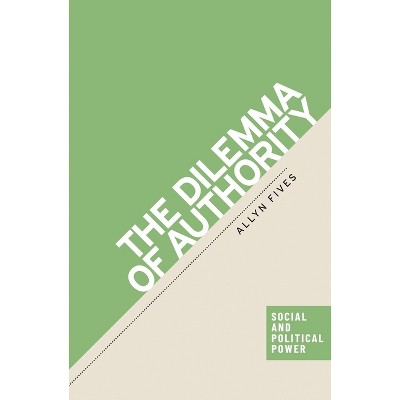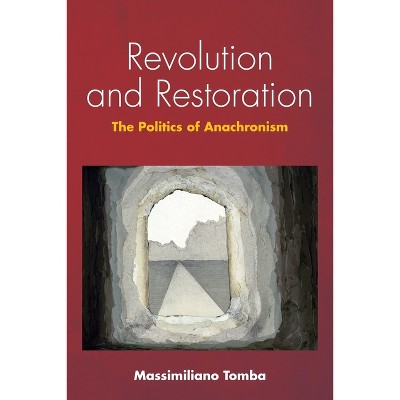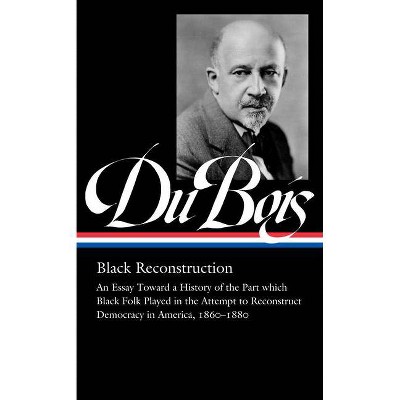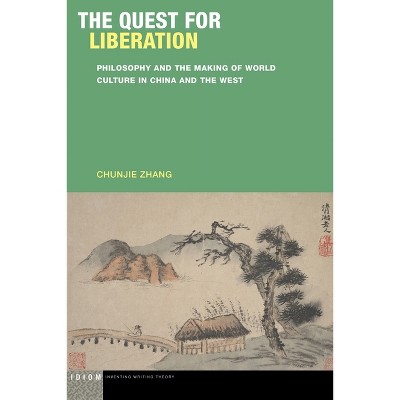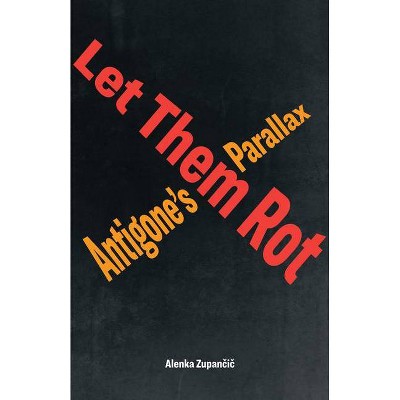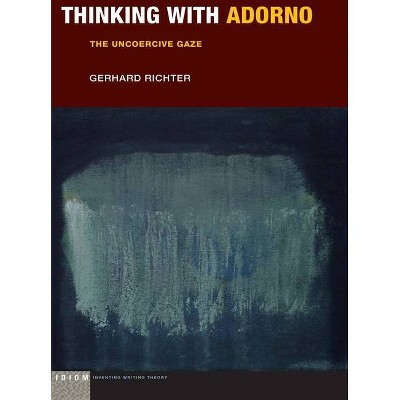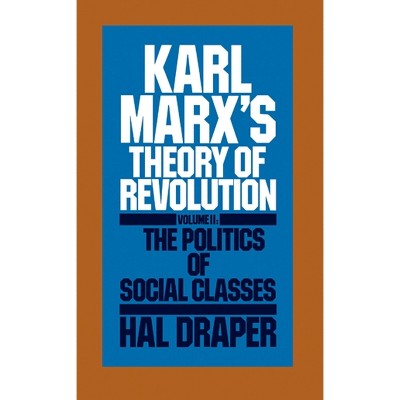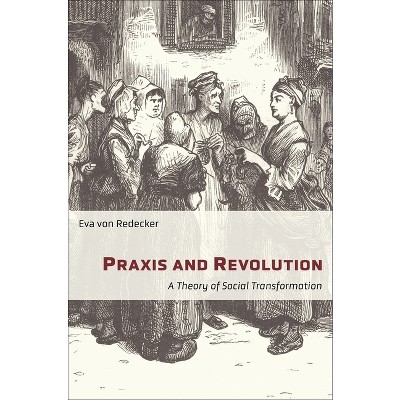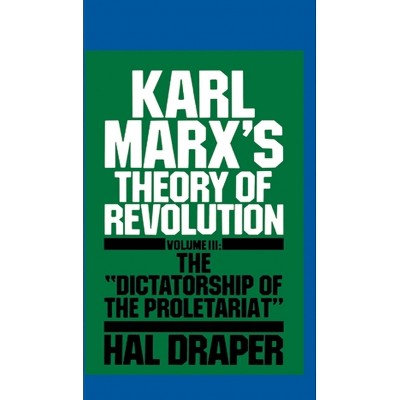Sponsored

Revolution and Restoration - (Idiom: Inventing Writing Theory) by Massimiliano Tomba
In Stock
Sponsored
About this item
Highlights
- At a time when terms like restoration, religion, authority, obligations, and natural law--once the rallying cries of the most emancipatory movements--are increasingly coopted by conservative forces, Revolution and Restoration offers a thought-provoking account of how "outdated" concepts can ignite radical energy and collective action.
- About the Author: Massimiliano Tomba is Professor in the Department of History of Consciousness at the University of California, Santa Cruz.
- 160 Pages
- Political Science, History & Theory
- Series Name: Idiom: Inventing Writing Theory
Description
About the Book
Revolution and Restoration shows how new concepts that emerge from political conflicts can remake democratic systems in crisisBook Synopsis
At a time when terms like restoration, religion, authority, obligations, and natural law--once the rallying cries of the most emancipatory movements--are increasingly coopted by conservative forces, Revolution and Restoration offers a thought-provoking account of how "outdated" concepts can ignite radical energy and collective action. Through both historical and contemporary examples, the book elaborates the concrete possibilities for reimagining politics and society that emerge out of the clash between incompatible legal and economic structures.
At its core, Tomba's book confronts the very foundations of the modern state and its three pillars: property, democracy, and citizenship. These pillars, long celebrated in the Western canon, are nevertheless mechanisms of exclusion: property is the denial of communal access, representative democracy the marginalization of the demos from decision-making, and citizenship the exclusion of the foreigner. Revolution and Restoration critiques these pillars to show how new concepts and political possibilities that emerge from political and social conflicts hold the potential to transcend and remake democracies in crisis. Revolution and Restoration: The Politics of Anachronism is available from the Knowledge Unlatched on an open-access basis.From the Back Cover
"We must remember, salvage, refuse, remake. Tomba shows us how. He gives us a past--many pasts--and with them, many far better futures. This work salvages diverse legacies: from workers, from the indigenous, from rebellious peasants, from the poor of every continent, from religious and secular, democrat, communist, and anarchist. As he guides us through these lost pasts, we can see decolonization overcoming dispossession, and older, more capacious ideas of property replacing power and mindless oligarchy. He points us toward earlier work in building worlds where people rule and money is silent. We can have these worlds."--Anne Norton, University of Pennsylvania
"Revolution and Restoration is a work of stunning sophistication and subtlety. It makes methodological, conceptual, and philosophical contributions of the first order that are richly illustrated by empirical cases. The book will be read by philosophers, political theorists, historians, and anthropologists and broadly by intellectuals."--Uday Mehta, CUNY Graduate Center At a time when terms like restoration, religion, authority, obligations, and natural law--once the rallying cries of the most emancipatory movements--are increasingly coopted by conservative forces, Revolution and Restoration offers a thought-provoking account of how "outdated" concepts can ignite radical energy and collective action. Through both historical and contemporary examples, the book elaborates the concrete possibilities for reimagining politics and society that emerge out of the clash between incompatible legal and economic structures. At its core, Tomba's book confronts the very foundations of the modern state and its three pillars: property, democracy, and citizenship. These pillars, long celebrated in the Western canon, are nevertheless mechanisms of exclusion: property is the denial of communal access, representative democracy the marginalization of the demos from decision-making, and citizenship the exclusion of the foreigner. Revolution and Restoration critiques these pillars to show how new concepts and political possibilities that emerge from political and social conflicts hold the potential to transcend and remake democracies in crisis. Massimiliano Tomba is Professor in the Department of History of Consciousness at the University of California, Santa Cruz. He is the author, most recently, of Insurgent Universality: An Alternative Legacy of Modernity.Review Quotes
Revolution and Restoration is a work of stunning sophistication and subtlety. It makes methodological, conceptual, and philosophical contributions of the first order that are richly illustrated by empirical cases. The book will be read by philosophers, political theorists, historians, and anthropologists and broadly by intellectuals.---Uday Mehta, CUNY Graduate Center
We must remember, salvage, refuse, remake. Tomba shows us how. He gives us a past--many pasts--and with them, many far better futures. This work salvages diverse legacies: from workers, from the indigenous, from rebellious peasants, from the poor of every continent, from religious and secular, democrat, communist, and anarchist. As he guides us through these lost pasts, we can see decolonization overcoming dispossession, and older, more capacious ideas of property replacing power and mindless oligarchy. He points us toward earlier work in building worlds where people rule and money is silent. We can have these worlds.---Anne Norton, University of Pennsylvania
About the Author
Massimiliano Tomba is Professor in the Department of History of Consciousness at the University of California, Santa Cruz. He is the author of Insurgent Universality: An Alternative Legacy of Modernity (Oxford, 2019, pbk 2021, co-winner, David and Elaine Spitz Prize), Attraverso la piccolo porta: Quattro studi su Walter Benjamin (Mimesis, 2017), Marx's Temporalities (Brill, 2012, Haymarket, 2013), La vera politica: Kant e Benjamin (Quodlibet, 2006), and Krise und Kritik bei Bruno Bauer. Kategorien des Politischen im nachhegelschen Denken (Peter Lang, 2005).
